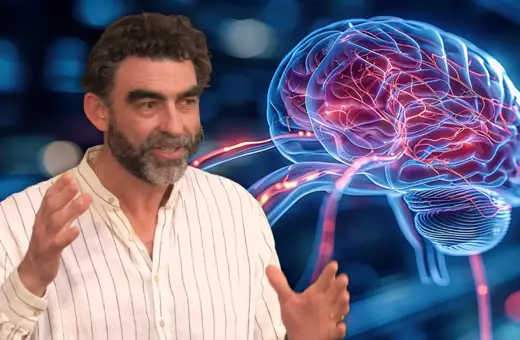Theories of consciousness like dualism and panpsychism often assume that conscious experiences involve acquaintance with mental qualities – qualities wholly internal to the mind. These qualities are supposed to be totally obvious to anyone who introspects, and so part of our “common sense” picture of the mind. Yet, argues Justin Sytsma, people who are untrained in analytic philosophy don’t find these qualities obvious at all. Philosophers of consciousness should therefore beware of making assertions about “common sense” in their arguments, for “common sense” turns out to be a shifting ground, even when the topic is our own mental life.
“In attempting to explode the myth I shall probably be taken to be denying well-known facts about the mental life of human beings, and my plea that I aim at doing nothing more than rectify the logic of mental-conduct concepts will probably be disallowed as mere subterfuge.”
(Gilbert Ryle, The Concept of Mind, 1949/2009, p. 6)
You’ve probably heard the following thought experiment before: If a tree falls in the woods and no one is there to hear it, does it make a sound? Indeed, this question now borders on a cliché. Nonetheless, thinking about it can offer a nice entry point into understanding a particular notion of consciousness that has played a central role in contemporary philosophy of mind. This is the notion of phenomenal consciousness. More on this in a minute.
___
Can there be unheard sounds or, similarly, unseen colors, unfelt pains, and so on?
___
So, does the tree falling make a sound or not? (Or, more generally, can there be unheard sounds or, similarly, unseen colors, unfelt pains, and so on?) Let’s set aside complications, such as that the wildlife in the forest might hear it, even if no humans are around. As such, imagine that the falling of the tree goes completely unheard.
I’ve been asking my students this question for the past decade when introducing the topic of consciousness. And, while anecdotal, I’ve observed an interesting and quite consistent pattern over the years. In my introductory courses, the overwhelming response is affirmative, often with upwards of 90% of students answering that the tree falling makes a sound. Indeed, in discussion, these students tend to treat this as rather obvious. Things start to change in my intermediate courses. While the majority still answer that the tree falling makes a sound, a sizable minority (roughly 40% give or take) deny this. This shift continues in my advanced courses, with a majority now denying that there is a sound, although a notable minority continues to give the affirmative answer. And, in discussion, the deniers – now in the majority – tend to treat this as obvious.
The orthodox philosophical and scientific response is to deny that the tree falling makes a sound. Here, for instance, is a snippet from one of the earliest discussions I could find. In the “Notes & Queries” section of Scientific American (April 5, 1884, p. 218), a reader asks our focal question. In response the editors offer an amusingly inconsistent answer: “Sound is vibration, transmitted to our senses through the mechanism of the ear, and recognized as sound only at our nerve centers. The falling of the tree or any other disturbance will produce vibration of the air. If there be no ears to hear, there will be no sound.”





















Join the conversation